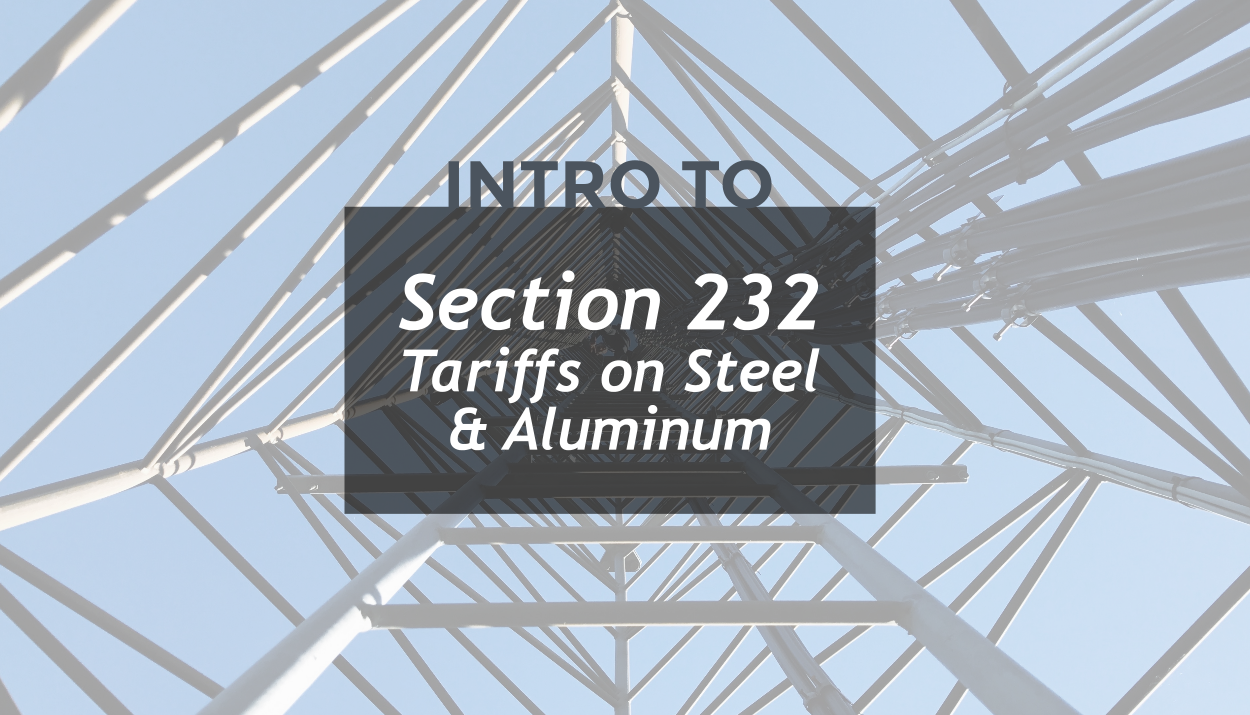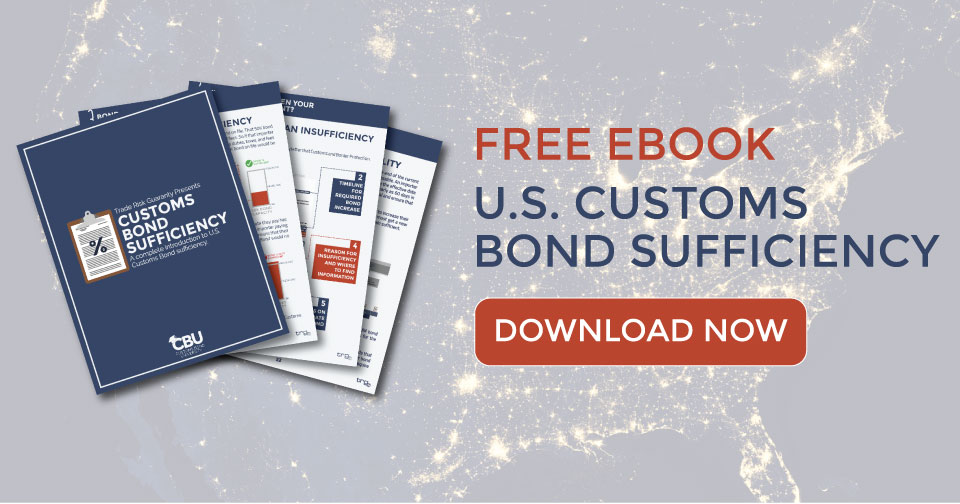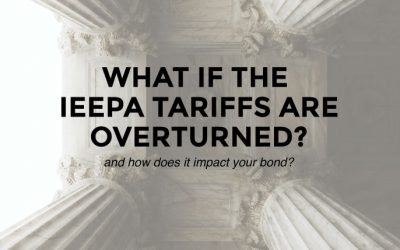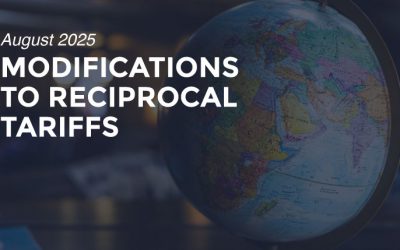The new Section 232 tariffs on steel and aluminum officially began to go into effect at the start of May and they are already having a major effect on importer’s bond sufficiency.
Back on March 8, 2018, the President of the United States issued Proclamations 9704 and 9705 on Adjusting Imports of Steel and Aluminum into the United States, under Section 232 of the Trade Expansion Act of 1962, as amended (19 U.S.C. 1862). As of May 1st, Importers have begun to experience what these changes mean for their business practices. But before we get into our three priority updates regarding Section 232 and Customs bond insufficiency, let’s cover what the new tariffs on Aluminum and Steel are and why they were put in place.
What is Section 232?
Section 232 is U.S. government legislation that is granted it’s power from the Trade Expansion Act of 1962. To read this act in full, see the following PDF which is a scanned copy of the Trade Expansion Act of 1962. To read Section 232 in its entirety, see page 6 in the PDF.
Section 232 deals with Safeguarding National Security and states that action may be taken if an article is being imported into the United States in such quantities or under such circumstances as to threaten to impair the national security. After an investigation, the President and his advisors decided on the appropriate action to be taken in order to safeguard the nation. This action can be enacted and/or redacted by the President based on this investigation and, in this case, the action is an increase in tariffs on steel and aluminum imports.
What Are they investigating to Enact/Redact Section 232?
When determining if an action must be taken, the following are considered and investigated in order to make a ruling on if importing the item threatens national security:
- Domestic production needed for projected national defense requirements.
- Domestic industry’s capacity to meet those requirements.
- Related human and material resources.
- The importation of goods in terms of their quantities and use.
- The close relation of national economic welfare to U.S. national security.
- Loss of skills or investment, substantial unemployment and decrease in government revenue.
- The impact of foreign competition on specific domestic industries and the impact of displacement of any domestic products by excessive imports.
For an in-depth look into the investigation for these new tariffs, read through the full 232 Reports from the Department of Commerce. Or take a look through this shorter synopsis of what you need to know about the investigation.
How Does Section 232 Affect the New Tariffs on Steel and Aluminum?
The legislation specified in the Presidential Proclamation names two specific imports that are affected; steel mill and aluminum articles. And it is important to note that the Section 232 measures are based on the country of origin, not the country of export. The new duty rates for these commodities are the following:
-
- 25% tariff on steel imports
- 10% tariff on aluminum
At first, there will be some countries exempt from this raised duty rate, but this bit of the legislation is subject to change depending on dates.
Steel
May 1, 2018 through May 31, 2018: All countries of origin except Canada, Mexico, Australia, Argentina, South Korea, Brazil and member countries of the European Union (Austria, Belgium, Bulgaria, Croatia, Cyprus, Czech Republic, Denmark, Estonia, Finland, France, Germany, Greece, Hungary, Ireland, Italy, Latvia, Lithuania, Luxembourg, Malta, Netherlands, Poland, Portugal, Romania, Slovakia, Slovenia, Spain, Sweden and the United Kingdom).
As of June 1, 2018: All countries of origin except Argentina, Australia, Brazil, and South Korea.
Quota for Steel Imports from South Korea: Please see the official quote bulletins.
Aluminum
May 1, 2018 through May 31, 2018: All countries of origin except Canada, Mexico, Argentina, Australia, Brazil and member countries of the European Union (Austria, Belgium, Bulgaria, Croatia, Cyprus, Czech Republic, Denmark, Estonia, Finland, France, Germany, Greece, Hungary, Ireland, Italy, Latvia, Lithuania, Luxembourg, Malta, Netherlands, Poland, Portugal, Romania, Slovakia, Slovenia, Spain, Sweden and the United Kingdom).
As of June 1, 2018: All countries of origin except Argentina, Australia, and Brazil.
Note: As of May 1, 2018, aluminum articles from South Korea are subject to the Section 232 import duties. Importers may receive a quota hold message for imports of such articles; however, a quota is not in effect for imports of aluminum from South Korea.
For both steel and aluminum, imports of United States origin are not covered by the Section 232 measures.
For a full look at this legislation from Customs and Border Protection, read the full breakdown on Section 232 on the CBP website.







![[Webinar] How Could Changes to De Minimis Impact Your Company?](https://traderiskguaranty.com/trgpeak/wp-content/uploads/2025/05/trg-how-de-minimis-impacts-customs-bond-webinar-400x250.png)